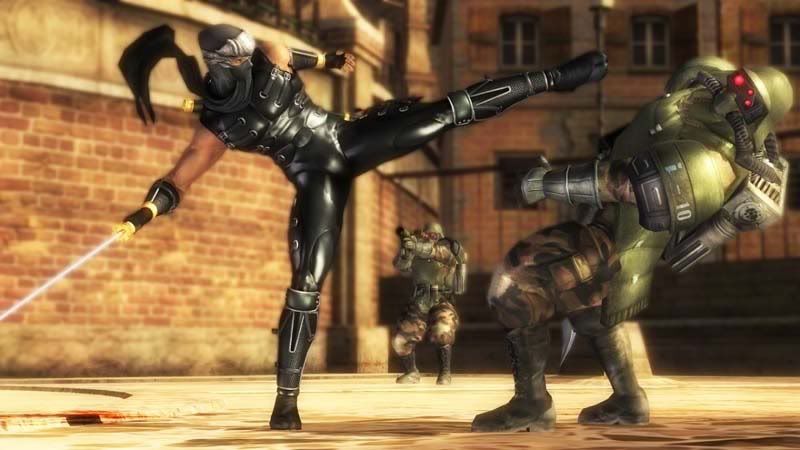This post has not been edited by the GamesBeat staff. Opinions by GamesBeat community writers do not necessarily reflect those of the staff.
Editor’s note: Why is it we use certain phrases when describing our game-playing experience, in this case “beat a game”? Alex explores the topic and discusses just when the phrase is appropriate, and many times it’s not. I use it because, well, I always have. How about you? -Greg
Something has been puzzling me lately — why do so many people say they “beat X game”? The game has no will of its own. It isn’t (or shouldn’t be) working against you.
In the ’80s, when video games hated you and arcades beat you up for your quarters, this might’ve made sense. In board games, sports games, and multiplayer games, it works too.
Today, you can legitimately “beat” a few single-player titles — Ninja Gaiden 2 beat me, and if you complete Demon’s Souls, you could justifiably jump to your feet and shout, “Screw you, game! I beat your ass into the ground!” (Not in polite company.)

But can you beat Prince of Persia (2008 — the easy one)? Or Flower? Even macho action games such as Halo or Gears of War are designed to yield to most players at all but the highest difficulty setting. They challenge, but they let you through to the next level.
Developers would like you to finish/complete/fully experience their game. Otherwise they’ve wasted their time, effort, and money on the final cut-scene. So they need to do what they can to let you see their names roll by in the credits.

Max Payne helped usher in a system in which games adjust their difficulty on the fly — giving you health packs when you need them, or dumbing-down enemy A.I. as required. You think you beat the game but, really, it let you win.
Hard, challenging games like Braid do what they can to help you through. I didn’t feel like I was competing against Jonathan Blow — every puzzle made sense, and if I couldn’t solve one, I could move on and come back later. Limbo came closer to frustrating me, but Playdead put a checkpoint every 6 inches, so I hardly ever had to repeat more than a few seconds.
Really, I don’t care if you tell me you beat Lego Star Wars. I’m not a grammar Nazi — I started a sentence with a conjunction back there. I believe people use this verb for a reason — it’s either a historical relic, or it betrays an attitude about the games we “beat.”
So use the word if you want, but think about how accurate it is. Was your experience with a game antagonistic or not? Most of the time, it probably wasn’t. When you complete a game, you and the developer win — nobody gets beat.
